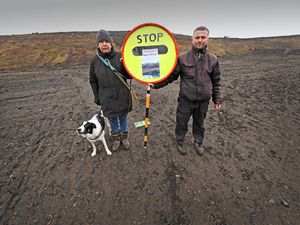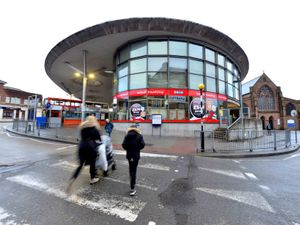Just what the doctor ordered
Oldbury-based Raylane has been an established pharmacy operator for more than 25 years and a recent takeover deal has now extended its reach across the West Midlands.

Raylane comprised of four pharmacies throughout the Black Country supplying both NHS and private prescriptions. The company has continued its expansion by acquiring three community pharmacies in Gloucestershire.
Raylane was supported in this transaction by Barclays Bank which helped fund the acquisition. Legal support was provided by Hawkins Hatton Corporate Lawyers, based in Dudley.
Dinesh Patel, managing director of Raylane, said: "This transaction, having taken longer than anticipated, completed on an auspicious day for me and now having acquired the new pharmacies Raylane will continue to meet the needs of patients both in the Midlands and further afield,"
Mani Patel, relationship director at Barclays Bank, said: “Barclays specialist team of healthcare advisers have a good understanding of the sector and as such were able to assist Dinesh with all of his needs."
Colin Rodrigues, partner at Hawkins Hatton, added: “Every deal has its own peculiarities, and notwithstanding the primary deal revolved around the acquisition of three pharmacies, there were wider issues which needed to be addressed.
"In this case, wider issues threatened completion, but with commercial foresight we were able to prescribe the perfect cure to these issues before they became fatal."
Mr Rodrigues added: "Looking at the pharmaceutical sector it seems that consolidation is fast becoming the chosen route for independent pharmacists. This is because last year the government imposed a two year funding package on community pharmacies, meaning that in the year ending March 2017 there was a 4% reduction in funding. What is yet to be seen is how the further reduction in the 12 months starting from April 2017 of 7.5%, compared with historic levels, will effect community pharmacies in England and Wales.
"The reduction in funding must be seen against the backdrop of new pharmacy regulations which came into force last year. The purpose of these regulations was to allow pharmacy businesses to consolidate from two or more sites into a single site, whilst preventing a new pharmacy from stepping in to the resulting void straight away. This again has helped to maintain demand in pharmaceutical businesses.
"Without expansion pharmacies are going to struggle to meet the new qualifying criteria for quality payments which are linked to areas such as workforce, patient safety and experience, as well as public health and clinical effectiveness, to name but a few. Where pharmacies meet the qualifying criteria, at two separate review points within the year, they will gain quality points. These quality points will then give pharmacies a right to be allocated additional funds from what is a £75,000,000 pot. Thus in my experience it is the larger pharmacies who will be better able to put in place mechanisms to gain quality points.
"As such it seems that the old adage of economies of scale giving cost advantages to entrepreneurs seems to be holding true. Thus from a corporate lawyer’s perspective it is no wonder that I have seen the sector continue to consolidate as a way to protect against the financial squeeze in the sector. The problem with consolidation is that, as with everything, where the supply becomes less but the demand does not change multiples start to increase. This has meant that it has become harder for new entrants into the pharmaceutical market place, whilst those looking to retire have benefitted from this increase in multiples."





